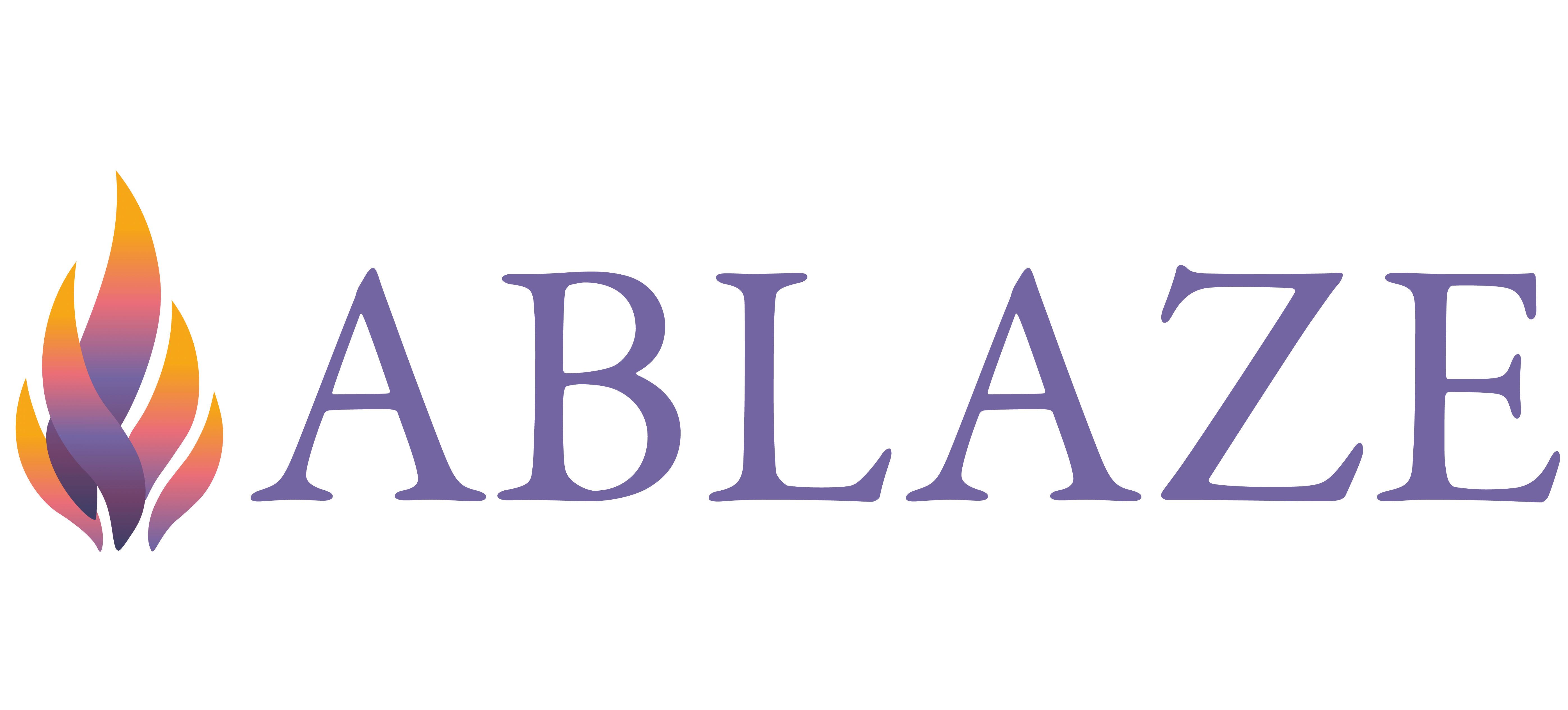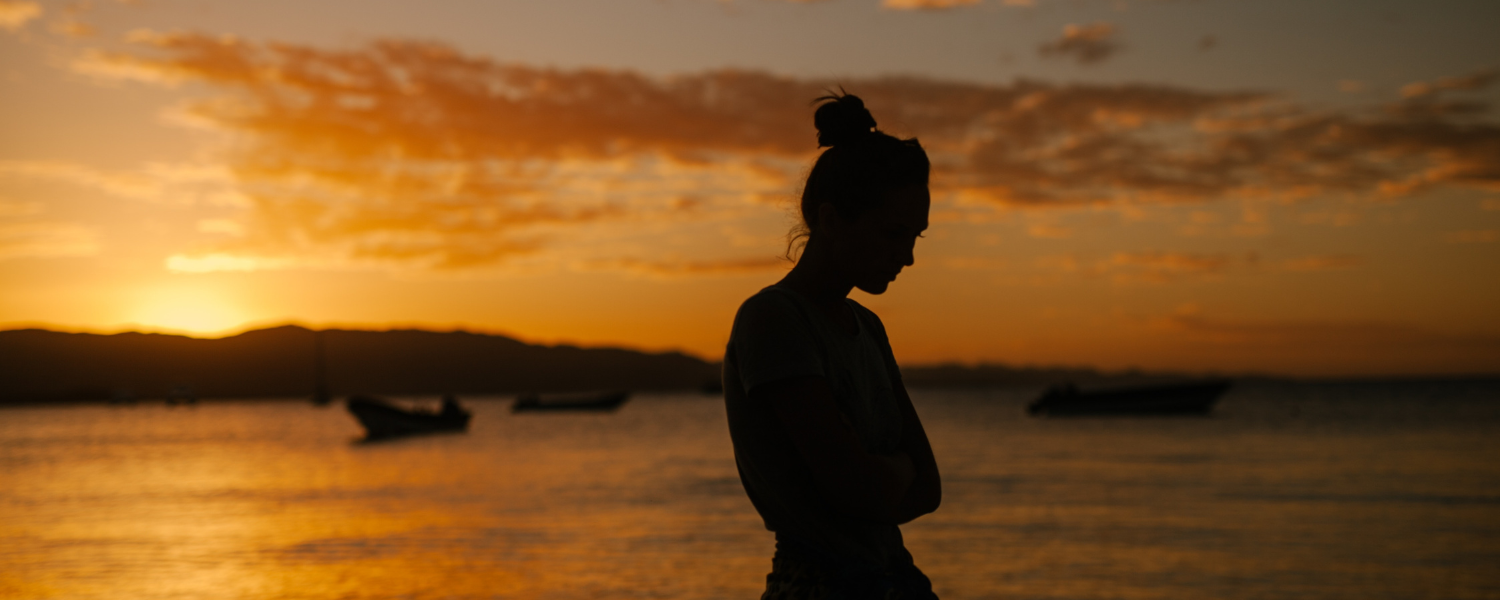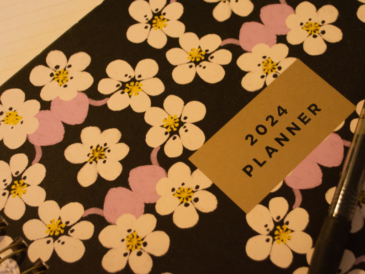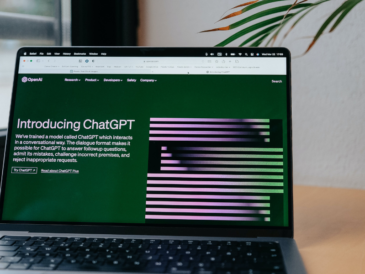Photos taken from Pexels
My name is McKenna Norris, and I am a survivor.
This article is not written in search of sympathy or pity or even understanding. In fact, I don't expect you to understand. I am writing this article during sexual assault awareness month, standing tall and empowered to share a small insight into my life.
There is power to be found in loss. There is a blessing to be found at your breaking point. I want to show others who have endured this tragic occurrence that there is life after, even if you feel like a part of you died that day.
My story starts like many others, too many others.
I was a sophomore in college and I wasn’t careful about the people I surrounded myself with. As a result, I was misled, mistreated and taken advantage of.
If there's one thing I learned over this past year, it is that in some cases there is no one to fight for your rights or your peace of mind except you. This past year has felt like ages of finding hope after the loss. What came to realize was that even with a strong support system, I was my strongest advocate.
For the first 6 to 7 months after my assault, there were nights of frustration and trying to find patience in the process. There were endless days filled with anger. The people that should have been there to support and believe me didn’t seem to quite grasp what I was going through.
As much as this anger and frustration tried to suffocate me, I had to keep pushing forward. I had to find a way to communicate to my support system that there is no perfect way to handle the aftereffects of any type of assault.
For survivors, the best way to be there for them is to simply listen.
For me, the hardest struggle of all was going back to school where I had to pretend like everything was fine. I went through Title IX, which allowed me time to process my experience.
Title IX is a center on campus built around encouraging a safe and non-bias environment on campus, which includes sexual assault, domestic violence, stalking, etc.
Title IX contacted my teachers to let them know that I might not be in the right place to attend class. While at first I felt relieved, I didn't realize that even with support groups and therapy sessions the aftershock of my trauma would linger beyond just a month. Fortunately, I was shown sympathy by my teachers.
As I entered my junior year at UT, my one year of assault was approaching. Although I had a great support system available to me, PTSD from the event still came up.
My PTSD distracted me from my school work, which led to frustration. I figured I would contact Title IX, given that they were so eager to help me right after my assault. I thought that maybe they could lend me more support.
After I reached out I got an email explaining that my case was closed and that I would need to contact another department for further support. This was extremely frustrating considering every time I contacted an office, whether that be UT’s Counseling Center, the Center for Health Education and Wellness and even the Crisis Center, I had to explain my situation to people who didn’t have the specific training or understanding that Title IX provided.
I felt as if I was expected to be okay after a year; that it shouldn’t matter anymore.
My past support group fell through due to Covid restrictions and somehow no faculty member on this campus was able to help me find a support group or just someone to talk to.
I was in distress; I felt alone. The crisis center didn’t take me seriously and didn’t seem to make me a priority. I conveyed very clearly that I needed an advocate to help me find help since the anniversary was hitting so hard, and the only advocate I found was myself.
I was angry. Angry that with the numerous posters, flyers, presentations and events about assault prevention on campus that there was no one who could help me.
Prevention is great. However, it’s equally if not more important to support individuals who experience sexual assault when prevention methods fall through.
My experience led me to think of others who are also dealing with life after sexual assault at UT. Were they experiencing the same frustrations I endured?
I created a survey for UT students to participate in to gain a deeper understanding of how sexual assault survivors need support.
54.8% of respondents said that they had not heard about support groups for survivors of domestic violence or sexual assault.
89% of respondents said if there were more support resources, such as support groups or an increase in counselors on campus, they would utilize these resources.
93.5% of respondents said that they feel that UT offers more support for the prevention of assault than support for individuals encountering traumatic experiences.
While this was only a small population of the university, it puts into perspective what students on our campus feel about the so-called “endless resources” our campus provides.
I love the University of Tennessee, and I know they try to make every student's experience unique and formative to their 4 years in college. However, I know that our staff, our faculty and the entire student body can do more to provide education, awareness and support for survivors.
My name is McKenna Norris and I’m a survivor.
Not only am I a survivor, but I have paved my own healing. I’ve done a lot of repairing for what broke that night. This experience has allowed me to be more resilient and outspoken about my boundaries and what I chose to do with my life and my body.
I am now advocating not only for myself but others in my position. I refuse to see the campus continue on like this and for this to be a disadvantage for survivors as long as I’m a student here.
I leave you with something my therapist tells me: healing is not linear. It takes time and you are so much stronger than you think.





